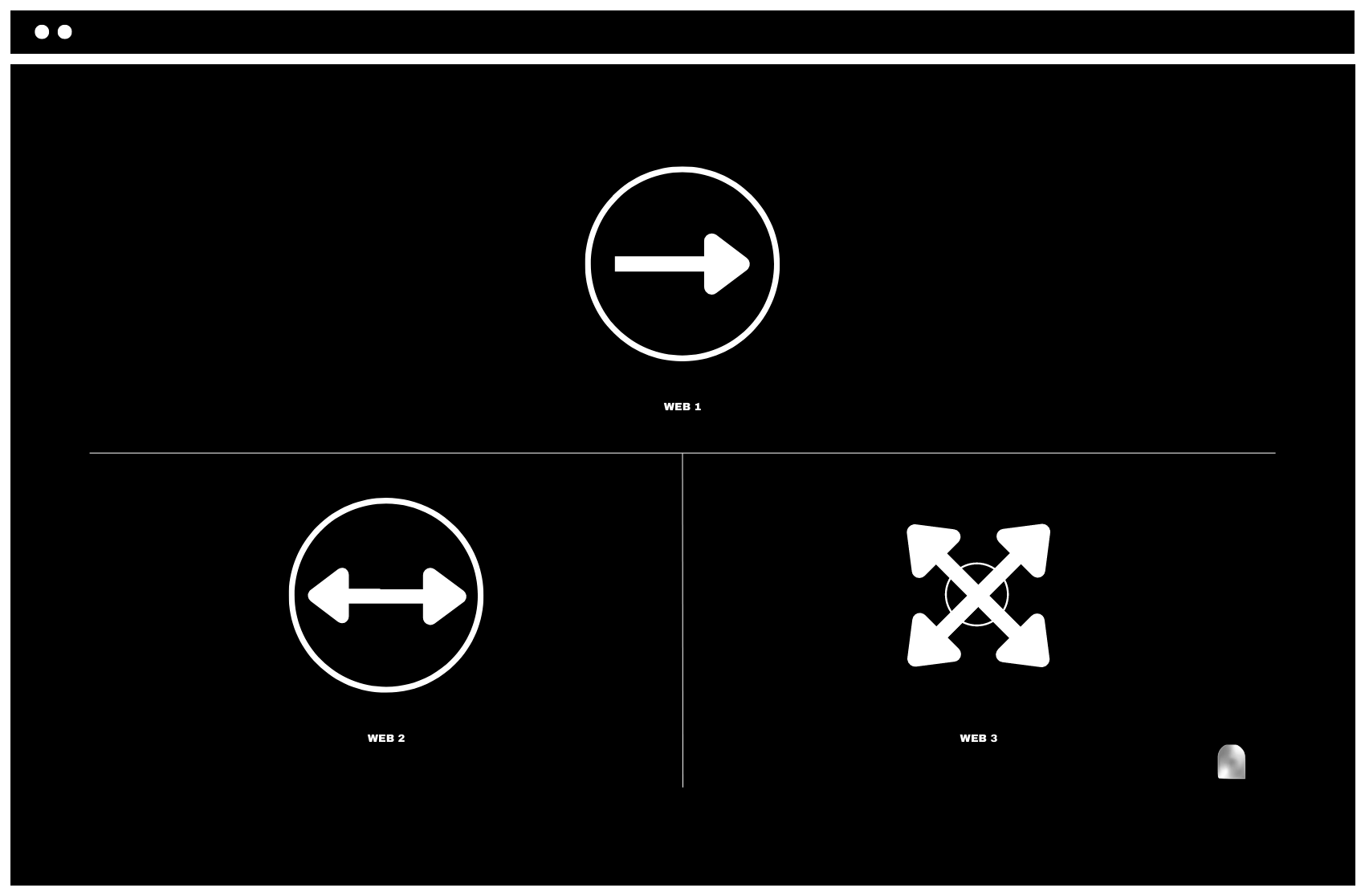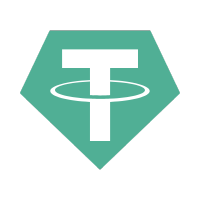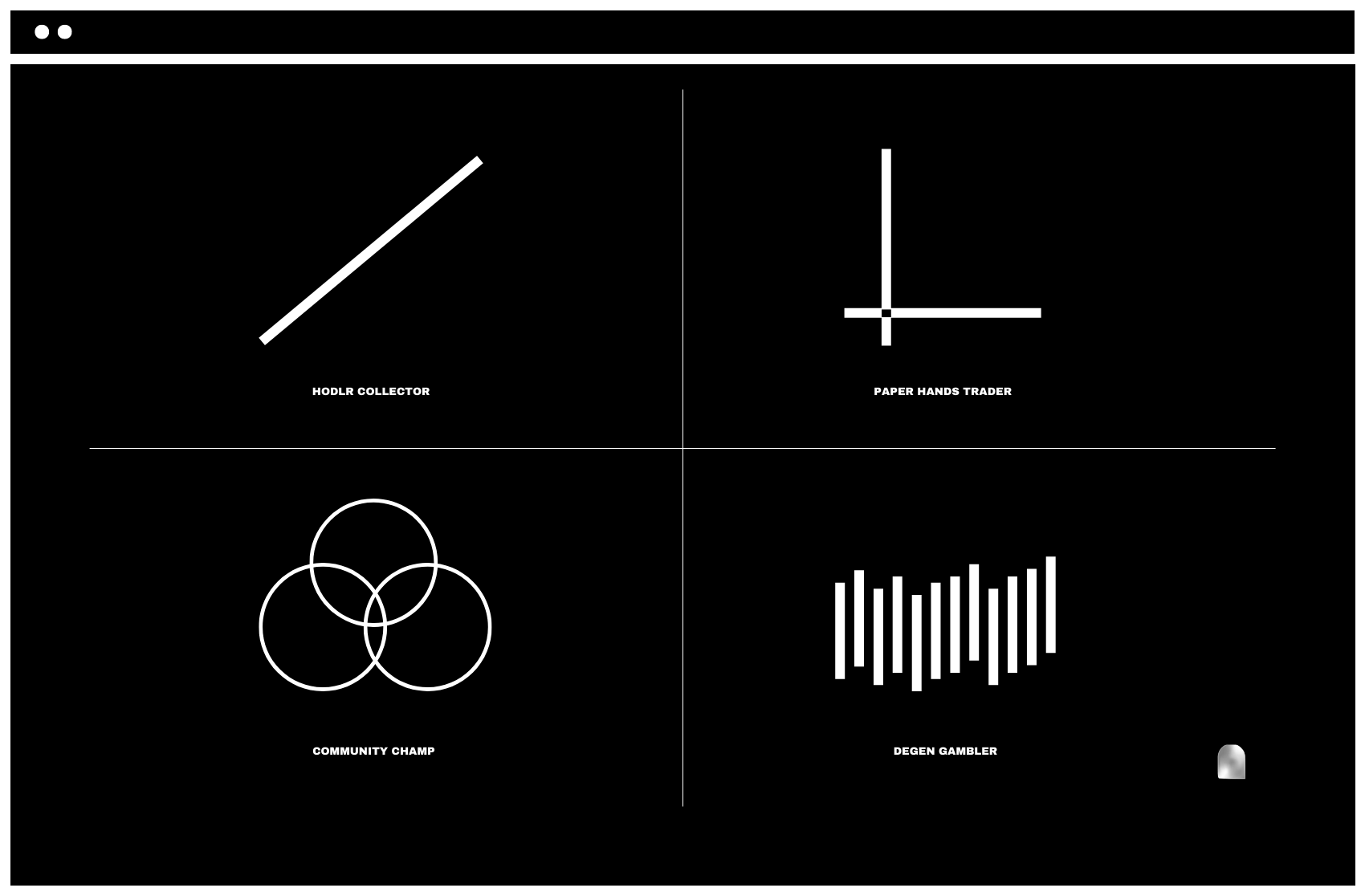Let's face it, the internet is indisputably one of the greatest inventions of our time. An opportunity for everyone to access a worldwide audience, all previously gated by print and TV, or what some used to call "Big Media". Now overthrown by what we know as "Big Tech", where Amazon, Apple, Google, and Microsoft cloud hosting services power most of the internet known today. The very same companies that steer the future of the internet are also public companies financially responsible to their shareholders. So if they are financially responsible to their shareholders, who is their cattle? Yet again, it's all of us. More specifically, our data.
%20(1500%20%C3%97%20259%20px)%20(800%20%C3%97%2040%20px)%20(2).png)
Heck, a large chunk of the population relies more on their internet personas than their physical self to get by in the world. Whether it is for work, pay bills and taxes, have medical records, chat with family, you name it. The internet has weaved into every single part of our lives and its latest evolution is one that optimistically challenges privately gating our data, making it all public to everyone on a decentralized ledger thanks to blockchain technology. Essentially handling you, the individual, public access to the same data that "Big Tech" strives on today.
"Web3" was coined in 2014 by Gavin Wood, co-founder of Ethereum.
If you have heard of "Web 3", then it's likely you've heard the term decentralization as well. This topic of centralization vs. decentralization ultimately lies once on again in how we store and provide access to internet data. To add more context, let's first learn more about what Web 1, Web 2, and Web 3 are all about.
.png)
What is Web 1?
To put it in simple terms "Web 1" refers to the early days of the internet where it worked more as a read-only, one way street for users, meaning you could post a text, audio, video, or a data table just like you would publish in a newspaper or TV. For the first time, anyone could write to the public without being a journalist for a newspaper or TV network. Email also became the way to interact with others online, a sound alternative to traditional mail, and an open protocol that remains relevant to this day. The days of waiting days to receive a letter, buy stamps, and commute to the post office were over. The internet took the telecom and media industry by storm and changed how the world communicated forever.
.png)
What is Web 2?
The rise of internet forums, social media, and eCommerce has been the epitome of "Web 2". It turned the internet into a participatory two-way street for platforms and users. Bringing things like emojis and comments from other users on the spot, streamlining how we communicate with each other and store data online. From hanging out on social media, connecting API, to deploying an app or selling an item, it is all possible thanks to the instant way we interact and manage data on today's web.
Consequently, these changes amount to the large amounts of data created every second and why centralized cloud service companies have seen a meteoric rise in the past decade. This might be a generic view of the web, but data is indisputably the gold mine of "Big Tech" and the main resource that justifies their lucrative evaluations on Wall Street. From an advertising or demand forecasting perspective, the upside potential is endless. With the internet becoming more of a necessity than an option, it is more important than ever to remember that these services come at the expense of user privacy.
.png)
What is Web 3?
"Web 3" broadly refers to a new internet where all data is hosted on a public ledger that anyone can explore, called the blockchain. It gives birth to an unprecedented new era of data transparency and accessibility. Although the term is commonly known thanks to blockchains like Bitcoin, Ethereum, and Solana along with their NFT and DeFi services, the underlying technology offers the same core concept of hosting all data on a public ledger. Meaning you have access to all the data available just like anyone else. A direct contender to the gated data cloud hosting services that dominate "Web 2" today, one that ushers in a new era of global data transparency.
Web 3 might be a popular term in the world of cryptocurrency, NFTs, DeFi, and DAOs, but the underlying premise is that these services aim to replace traditional data and financial models thanks to the blockchain's immutable ledger. Cryptocurrency aims to create a better alternative to fiat money, DeFi attempts to grow the banking and finance service, NFTs open the door to virtual assets and ownership, and DAOs show an opportunity to revolutionize governance. If any of these blockchain services were to run on gated cloud services, they would not be considered decentralized.
Democratizing Data Accessibility
Whether it is a new blog, a better social media platform, or the next cryptocurrency in the blockchain, it all narrows down to data management and accessibility. The immutable and decentralized aspect of blockchain technology is what makes Web 3 so appealing, and why there is such conviction to leverage it for financial services. It's a sound alternative to gated fiat currencies hosted in gated bank databases.
Even though we can all agree that the web provides infinite value and benefits, we have also seen how bad actors manipulate it with the right skills, access, or resources. From rigged elections to opaque banking transactions, it is evident that "Big Tech" acknowledges their success and reaps the rewards without enough accountability or government oversight.
Web 3 does not challenge "Big Tech" by providing more privacy to its users. On the contrary, it welcomes the concept of radical transparency to everyone, including themselves. It might not eliminate human greed or other human behaviors, but it can certainly provide a trail of evidence for any bad actors. Exposing corrupt public workers, rigged elections, and corporate malpractices, are all things that an individual without many resources can do. Perhaps the challenging part will be for society to get used to radical transparency at the expense of their privacy.
Before you opt-in or out of the radical transparency Web 3 has to offer, ask yourself:
- Is your data and online privacy really yours anyway?
- Do you trust folks based on what they say or do?
%20(1500%20%C3%97%20259%20px)%20(800%20%C3%97%2040%20px)%20(2).png)











.png)




